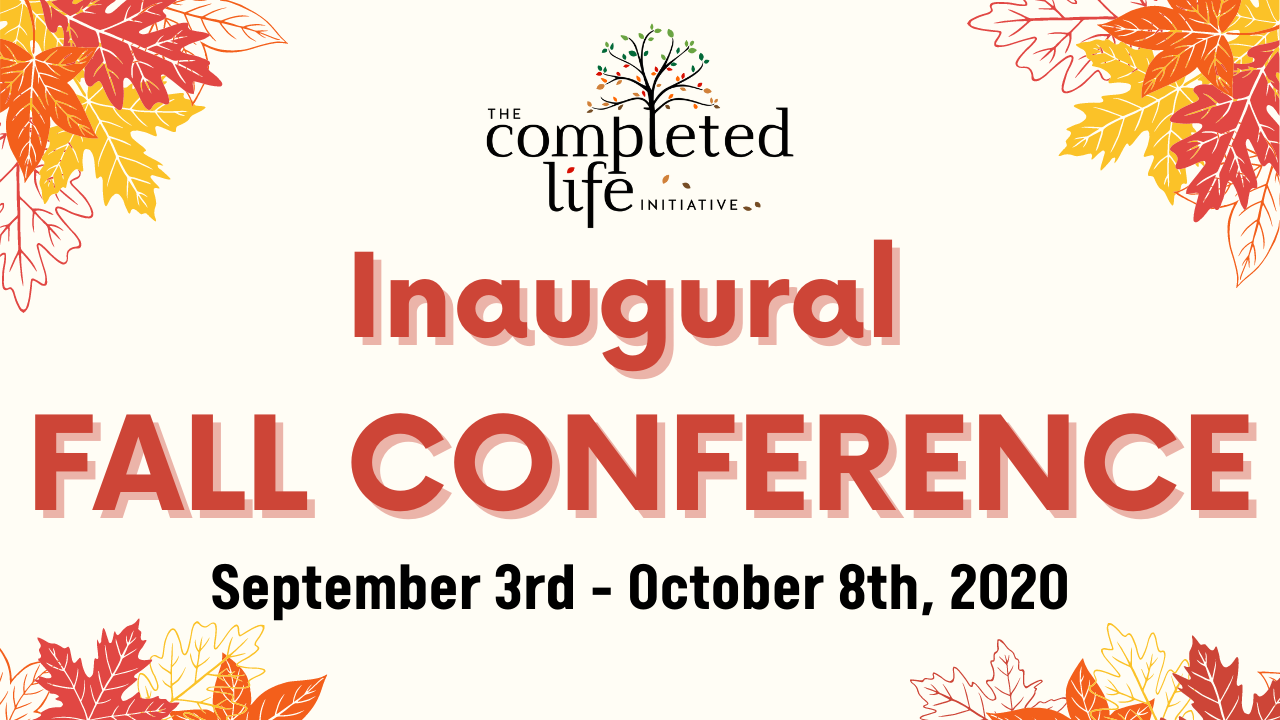
08 Oct Completed Life 1st Annual Fall Conference | September 3rd -October 8th, 2020
Presenters: Timothy Quill, MD; Margaret “Peggy” Battin, PhD; Paul Menzel, PhD
Moderator: Sarah Kiskadden-Bechtel, Program Director
When thinking about what makes a completed life, we must contemplate questions of death with dignity, minimization of pain, and patient autonomy. Is it necessary to have a debilitating condition to render one’s life complete? How do we view autonomy in regard to conditions such as Alzheimer’s where a patient’s wishes can change often? And how can we help patients who are interested in thinking about their end of life care in a society that is so boldly denies death to suffering patients? Join keynote speaker Timothy Quill MD, Margaret “Peggy” Battin, PhD, Paul Menzel, PhD, and our program director Sarah Kiskadden-Bechtel for our Fall Conference 2020 to hear about these topics.
Presenters: Jessica Nutik Zitter, MD and Judith Schwarz, PhD RN
Moderator: Hannah Lipman, MD MS
Session Two examines “Clinical Points of View” from the perspective of two clinicians, Jessica Nutik Zitter, MD and Judith Schwarz, PhD RN. This Session is moderated by Hannah Lipman, MD MS.
Presenters: Daniel Sulmasy, MD, PhD, MACP; Gloria Ramsey, JD, RN.
Moderator: Samuel Gorovitz, PhD
Ethical dilemmas present themselves in the context of healthcare and especially in end of life care. Is there a right for a patient to determine their own method of death and when that occurs? Who has the authority to decide pain thresholds and to determine when life is enough? Do family members or even one’s own physician have the right to object to medical aid in dying? Watch the CLI conference, session three to learn about these topics.
Presenters: Jocelyn Downie; Agnes van der Heide; Ben White
Moderator: Sarah Kiskadden-Bechtel, Program Director
MAID stands for Medical Aid in Dying and refers to the completing of a life through the assistance of lethal medication to patients. However, international laws vary in the level of autonomy one has in choosing to end their life. What are the reasons why someone chooses MAID? How do we navigate violations of MAID and how does that impact those who want to use it truthfully? And how can we reconcile patient autonomy with cultural and religious norms that preside over various societies? Watch the CLI conference, session four to learn about these topics.
Presenters: David N. Hoffman, JD; Danielle Spencer, PhD
Moderator: Sarah Kiskadden-Bechtel, Program Director
This session discusses the importance of personal narrative to a patient’s autonomy and the ability of physicians to properly understand the values and preferences of their patients. How do we connect the various phases of patients’ lives in order to create a more complete picture to formulate an end of life care plan? And how does this narrative impact a patient’s choices and a physician’s legal obligation to fulfill their end of life wishes? Watch the CLI conference, session five to learn about these topics.
Presenters: David A. Gruenwald, MD, FACP; Thaddeus M Pope, JD, PhD.
Moderator: Sarah Kiskadden-Bechtel, Program Director
Concluding Remarks: Jason J. Smith, President
VSED stands for Voluntarily Stopping Eating and Drinking and is a very effective way to hasten death at the end of life. However, techniques like VSED are not widely implemented and face certain legal obstructions that limit options for end of life patients. How early should patients and their families consider VSED? And how can they implement this on their advance directive? How can the various care teams for a patient work together on advance care planning to ensure that a patient’s life is carried out to the end with dignity? Watch the CLI conference, session six to learn about these topics.


